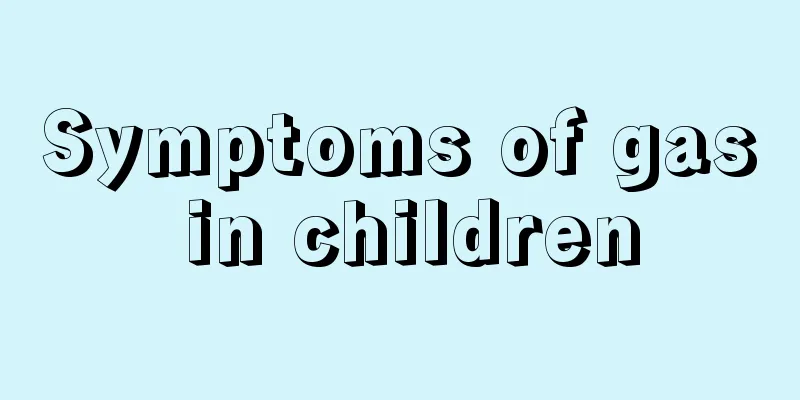How to prevent allergic urticaria

|
Although urticaria is a common skin disease, it is clinically divided into different types according to its causes, and allergic urticaria is the most common among them. If the allergen can be found, prevention can be done. So, how to prevent allergic urticaria? I hope the introduction in this article can help you find the answer to this question. Whether it is allergic urticaria or other types, they all have a typical symptom of easy recurrence. However, when it comes to the specific allergens, it is impossible to generalize, especially since everyone's physique is different, and some patients don't even know what they are allergic to. Therefore, it is still difficult to prevent the disease. To prevent urticaria, you should pay attention to the details in your life:1. Pay attention to diet and avoid triggers Certain foods may be triggers. For example, fish, shrimp and seafood, canned food, pickled food, beverages containing artificial colors, preservatives, yeast and other artificial additives can induce urticaria. In addition, irritating foods such as overly sour and spicy foods will also reduce the digestive function of the gastrointestinal tract, causing food residues to stay in the intestines for too long, thereby producing peptones and polypeptides, increasing the chance of human allergies. 2. Pay attention to hygiene and avoid adverse stimulation If you have a history of urticaria, you should keep fewer pets such as cats and dogs at home, and maintain a regular lifestyle to adapt to changes in the external environment. Drinking, being hot, being impulsive, exerting force, etc. will aggravate the dilation of blood vessels in the skin, stimulating or aggravating urticaria. For people with allergies or urticaria, it may be an adverse stimulus and should be avoided. People suffering from cold urticaria should not go to the beach or take cold baths, and should keep warm in winter. 3. Pay attention to allergies caused by drug factors How should urticaria be prevented? In clinical practice, some drugs can cause urticaria, such as antibiotics such as penicillin, tetracycline, chloramphenicol, streptomycin, sulfonamides, polymyxin, antipyretic analgesics such as analgin and aspirin, etc. 4. Actively treat existing diseases Clinically, there are many diseases that can cause urticaria, such as infectious diseases: parasitic infections such as intestinal ascariasis and pinworms; bacterial infections such as dental caries, alveolar abscess, tonsillitis, otitis media, sinusitis, etc.; viral infections such as hepatitis B; fungal infections such as tinea pedis and tinea manuum. In addition, diabetes, hyperthyroidism, menstrual disorders, and even potential tumors in the body may cause urticaria. After understanding how to prevent allergic urticaria, I hope you can pay attention to these precautions in your daily life. If you once have symptoms of allergic urticaria, it is recommended that you go to a regular hospital for diagnosis and treatment as soon as possible to avoid letting the disease continue to develop and bring more serious adverse consequences. |
<<: Analysis of the relationship between urticaria and allergens in children
Recommend
Can children use buckwheat pillows?
Nowadays, there are many pillows on the market. D...
What to do if children cough during the day
Coughing is common in life, but many people may n...
What are the clinical manifestations of abdominal pain in children?
There are many reasons for abdominal pain in chil...
What is the normal range of a child's pulse?
The healthy growth of children is what parents ar...
What should I do if my June-month-old baby has a cold and a stuffy nose?
A baby's body is always very fragile when it ...
What to do if your teenager wets the bed? Parents must read
Bedwetting is a behavior that is more common in i...
Causes of night sweating in children
Children are the hope of the entire family. Durin...
Clinical manifestations of gastroenteritis in children
We all know that children's physical resistan...
What to do if your child has rotten feet
Children need a lot of care as they grow up, so w...
What to do if your baby is breathing hard
For mothers, conceiving a baby is a major event i...
How to deal with breastfeeding baby getting angry
How to deal with a breastfed baby getting a sore ...
Symptoms of hepatosplenomegaly in babies
Hepatosplenomegaly is a relatively common disease...
What should I do if I get acne on my face?
Red spots on children's faces are a relativel...
What foods are good for children with zinc deficiency?
Fast-paced life is a double-edged sword. It not o...
Herpes virus in children
If a child suffers from viral herpes, if the dise...









